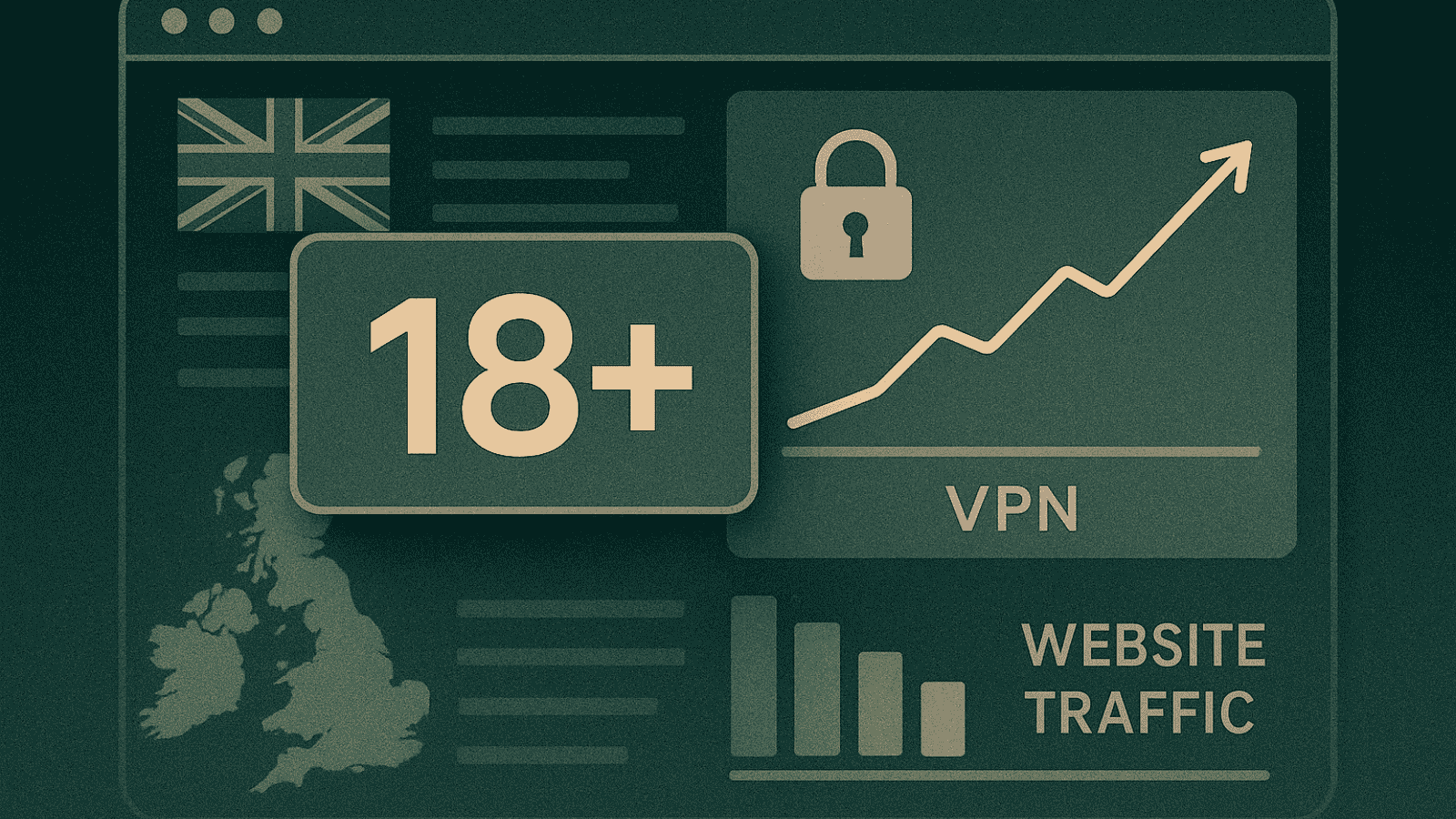
YouTube Announces Changes With Immediate Effect in Its Terms of Service
- YouTube has announced some game-changing shifts and additions on its Terms of Service.
- Creators will have part of their revenues withheld by Google if tax laws require such action.
- Also, the platform will run ads even on channels that don’t participate in the Partner Program.
YouTube is sending out emails to its users to inform them about updates in the Terms of Service that concern them. The changes are expected to affect both the creators and the site’s regular visitors who just want to consume content there. The new parts have already taken effect with their announcement for users based in the United States, while the rest of the world will see similar changes to the Terms of Services in 2021.
Below is a summary of the three most important changes to have taken effect on the platform now:
- The collection of facial recognition data that may be used to identify a person without having secured that person’s permission will be strictly prohibited.
- YouTube will now have the right to monetize all content on the platform, so even videos of channels that don’t participate in the YouTube Partner Program will now serve ads.
- Creators who generate taxable revenue on the platform will see the amount withheld from Google.
The first point doesn’t need much explanation, really. Harvesting user data that could lead to the account holder’s identification was already restricted, and now YouTube added “faces” on the type of data.
The second point, which is giving YouTube rights to advertise everywhere, is quite interesting, and one that could result in a surge of ads on the video platform. Google clarified that they wouldn’t run ads on videos that focus on sensitive topics such as gambling, alcohol, politics, and religion. Obviously, the revenue generated from ads that play on the videos of channels that aren’t in the Partner Program will go to YouTube’s pocket in its entirety, so the owners of these smaller channels won’t see a dime.
This is also destroying the whole concept of purposefully deciding not to participate in the Partner Program specifically for offering ad-free videos on your channel. Quite a few larger channels that are not interested in generating revenues through ads have followed this approach, but with the recent changes in the Terms of Service, this approach doesn’t make sense anymore.
And thirdly, there’s the tax withholding action that seems aggressive towards the creators but is understandable in this day and age. Many creators will now be required to submit tax information in AdSense, so YouTube will be in a position to decide it these creators are subject to laws that require tax withholding or not.
Generally, US-based creators who provide valid documentation should be fine. If you are one of them, you’d better seek professional tax advice just to make sure that you’re doing things right.







